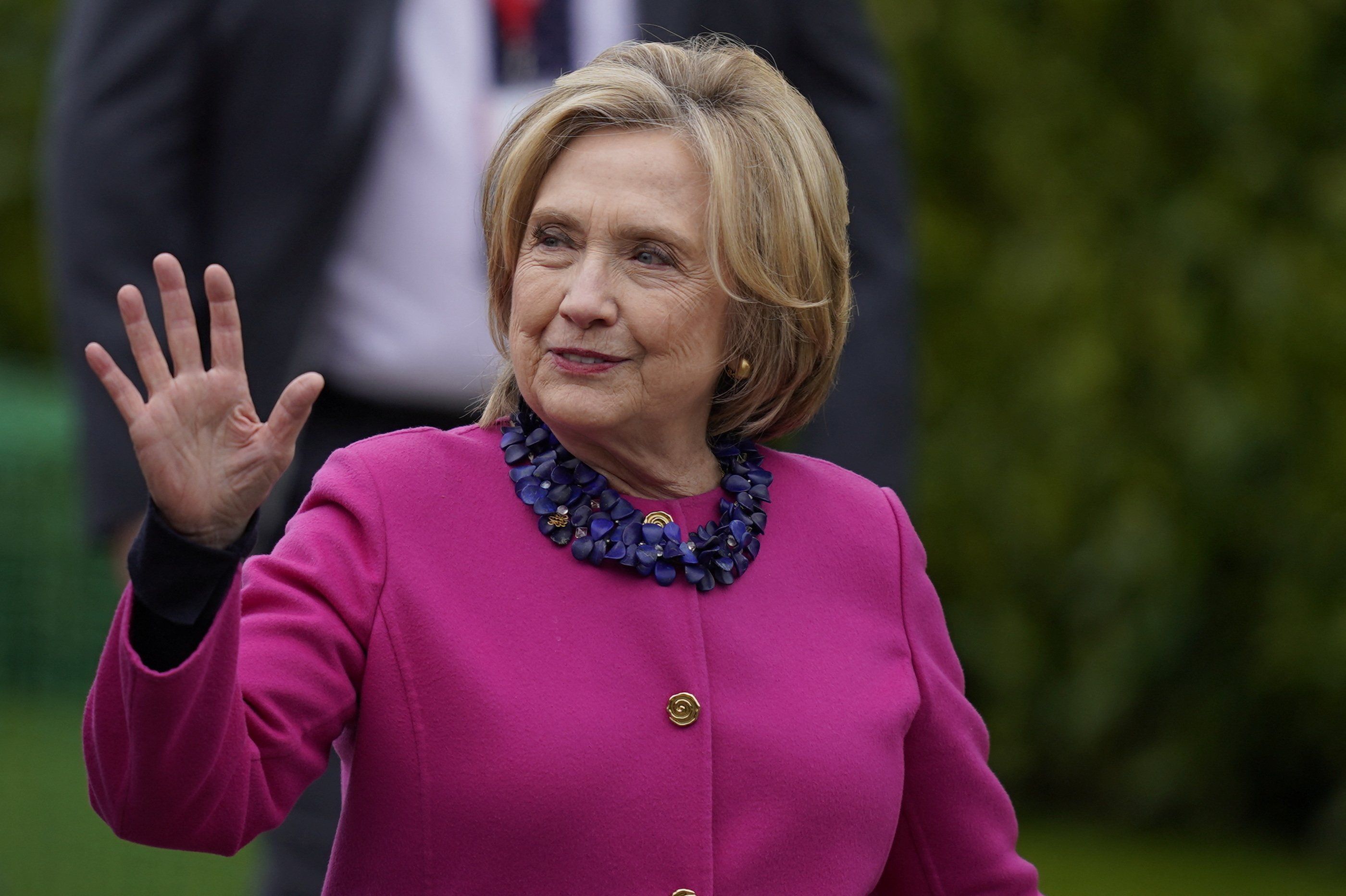Canadian Liberals gathered in Ottawa on Thursday for their annual political convention. This year’s event features a special guest appearance from Hillary Clinton, who will be chatting with Deputy PM Chrystia Freeland on Friday. Coincidence? Well, it’s hard to ignore the parallels.
The conference opened with a speech from Justin Trudeau, after which he flew to London for the coronation of King Charles III. In his absence, Clinton and Freeland will discuss the future of the US-Canada relationship.
As always, Canadian political watchers are looking at this as a leadership test. After all, Trudeau is eight years into his tenure, has accumulated more political baggage than a Samsonite factory, and suffers from poor approval numbers.
Freeland, by far the most powerful minister in Trudeau’s cabinet, is often touted as a possible successor to Trudeau. But Liberal strategists worry that pitting her against Conservative Party leader Pierre Poilievre – who detractors have likened to Donald Trump – could set up a replay of the 2016 US election, which Democrats lost. And Freeland faces some of the same issues as Clinton did: Trying to break the glass ceiling as the first Liberal female PM, she over-indexes on competence and underperforms on the stump.
In any case, Trudeau says he intends to stick around for the next election, likely in 2025, although he leads a minority government that could fall before then. Which is why the Clinton-Freeland exchange will be so closely parsed.
